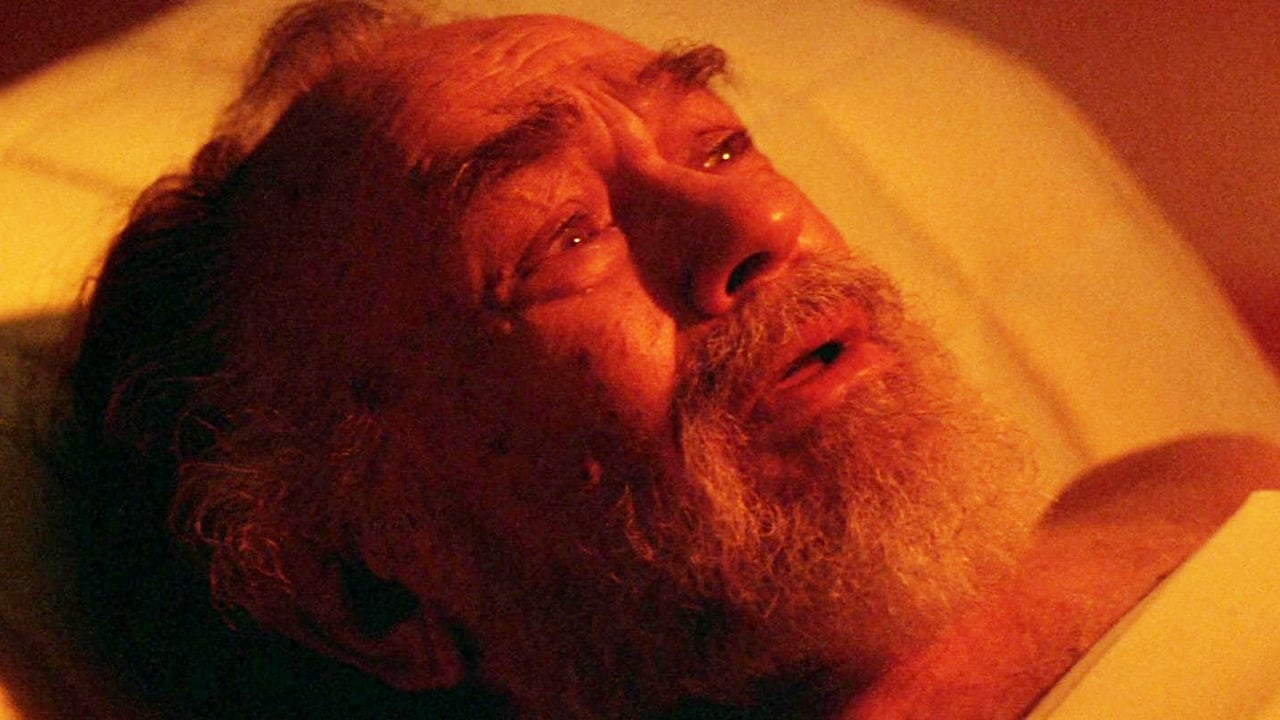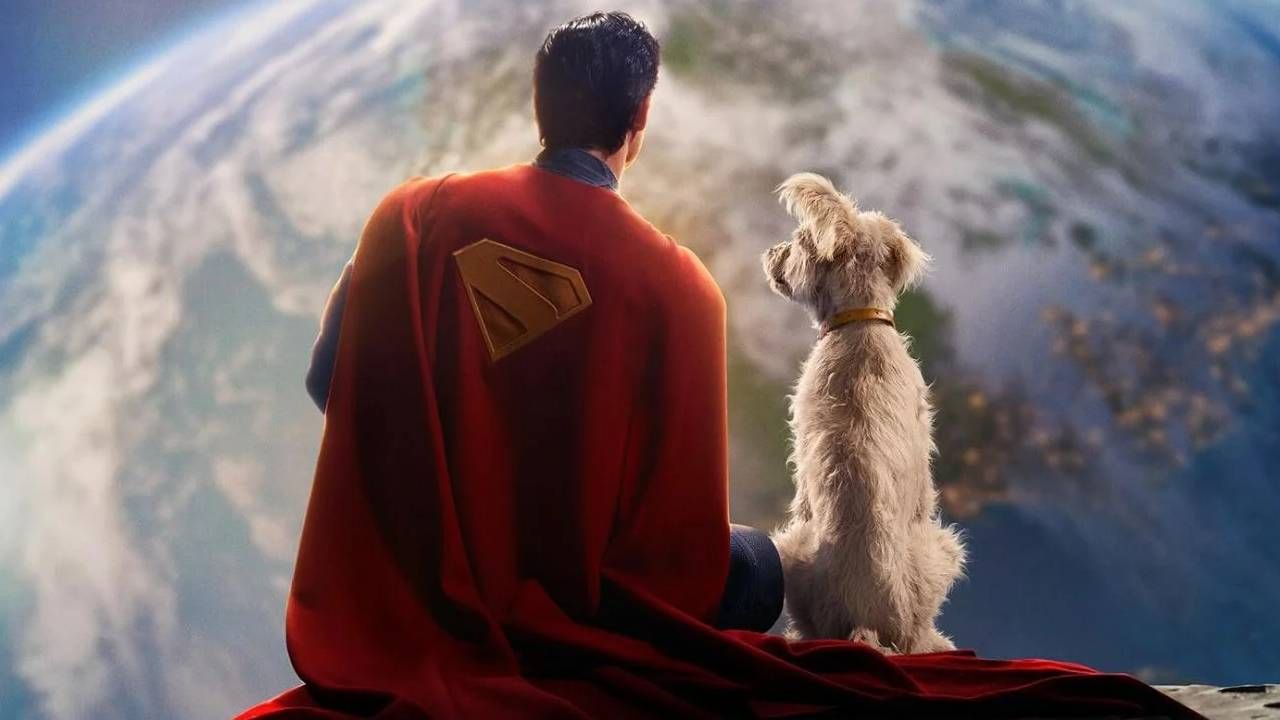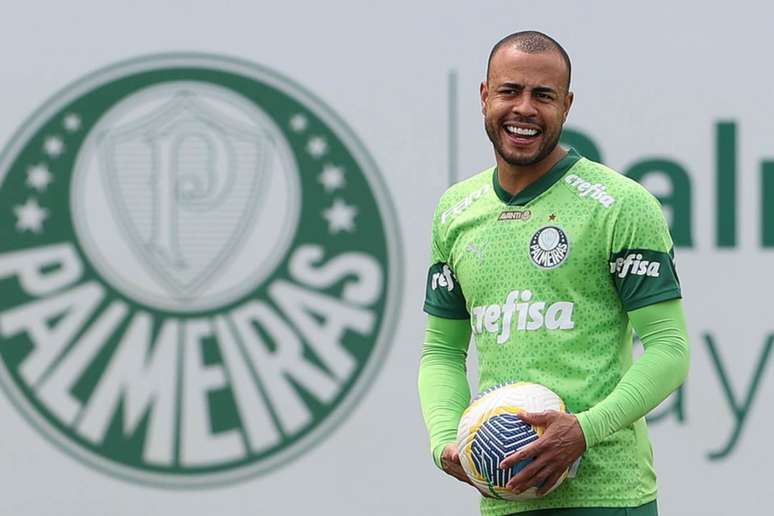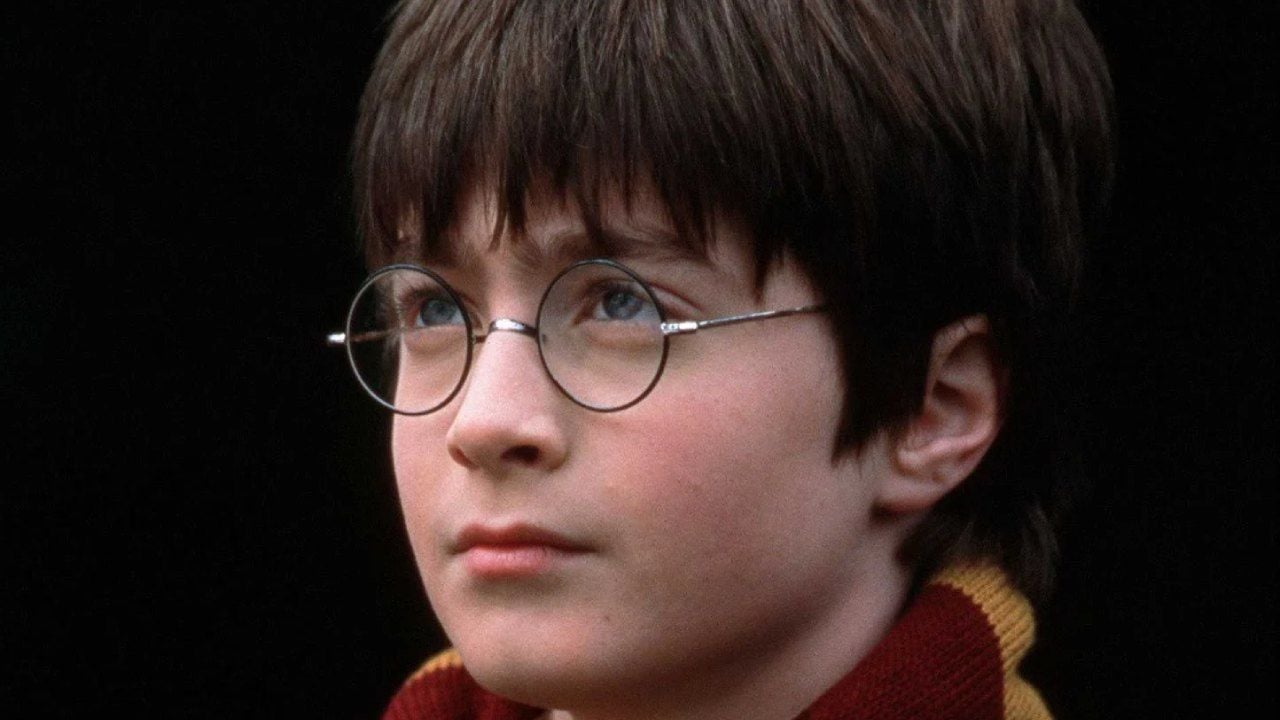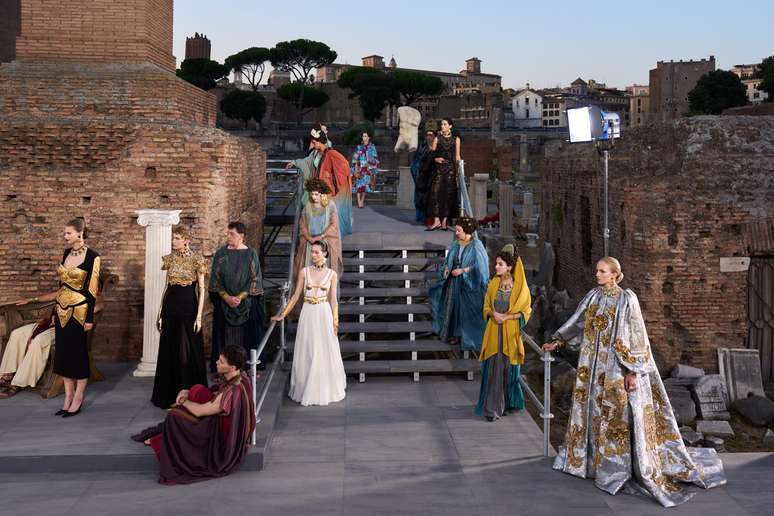On June 26, 1974, Richard Fleischer’s Soleil Vert was released in France. Adapted from the novel Make room! Make room! Directed by Harry Harrison and published in 1966, the film became an extraordinary SF classic of grim pessimism, whose ecological and human catastrophic discourse has unfortunately not lost its power. On the contrary.
“Soleil vert, a science fiction film, almost borders on a documentary. Everything I showed there in fiction is relevant now. This film is a farewell to the second terrestrial paradise, this time destroyed by humans.” said Fleischer, eerily insightful, years after the release of his absolute masterpiece.
“Once upon a time there was a world…”
New York. Year: 2022. A city of 40 million inhabitants has become a displaced metropolis, where absolute misery and lack of food reign. People gather wherever they can: on the street, on the stairs…
A terrible yellowish haze of pollution constantly floats above the city. The ecosystem, so fragile, has practically disappeared. Trees, animals have disappeared, victims of deforestation, over-exploitation and pollution.
Forced industrial development and its destruction, the uncontrolled consequences of overconsumption and the depletion of natural resources ended up pledging the future of humanity in just a few decades.
For the wealthy with access to clean water and real food grown on farms protected like fortresses, nothing is too good. A piece of steak is sold for $500, a jar of jam for $150.
What measure gives this terrifyingly exciting scene in the film, in which Robert Thorne (Charlton Heston) and Sol Roth (Edward G. Robinson) eat food unavailable to ordinary mortals. While Thorne is a child of “the sun” and knew nothing else, Sol, who knew the old world, remembers the forgotten aromas of…
At once partner, friend, and even more true surrogate father, Sol is the keeper of the memory of a world lost forever; That there was still a beautiful earth before it was condemned and destroyed by the hand of man.
Helping Thorne investigate Heart of Hearts Soylent CorporationSol discovers a shocking truth about the composition of this replacement food, which is believed to be made of plankton.
“See that? Isn’t it beautiful?”
Wanting to leave a world that is no longer his for a long time and that is unbearable for him, Sol decides to commit euthanasia; An approach strongly encouraged by the government.
After giving his preference to the medical staff, Sol is taken to a room where he is given a drink that slows his heart rate until it passes in about twenty minutes.
Lying on the bed in the room, while the music of Beethoven and Tchaikovsky plays, he discovers, for the last time amazed, the picturesque images of the vanished earthly paradise: glittering deer, birds, sunrise and sunset, polluted sea, flowers. In the meadows of flowers..
Here is the sequence, for the record. Keep a small pack of tissues just in case…
“I love you Thorne” Throws a wedge at his friend who hastened to see his last moments. “See that? Isn’t it beautiful? I told you so!” – “Yeah… how did I know? How could I have imagined?” Charlton Heston responds and starts crying…
In a series of beautiful shots, Fleischer shows Robinson’s oh-so-expressive face both lit up and relieved, before grimacing in pain as he reveals what he knows. A scene that carries an emotional charge to split the stones in two.
And for good reason: Edward G. Robinson was then suffering from terminal cancer. This scene was the last he filmed until his death two weeks later.
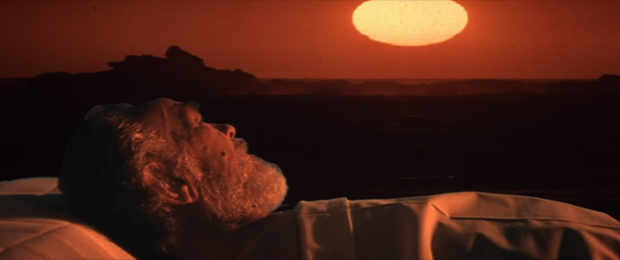
As Fleischer reveals, Robinson’s wife came to the set every day to check on her husband. Every day, except for one: the one where exactly this candid scene was planned to be filmed, which was impossible for him to see and bear.
Heston’s tears are not cinematic tears, but the tears of an actor who realizes the severity of the condition of his old accomplice at the end of his life, with whom he had already filmed at that time. ten comandments.
In this sequence where Robinson contemplates the accelerated form of life on Earth, this economy of words fading before the evocative power of images, it is also a huge symbolism of an actor seeing his own life, his joys, his struggles and his sorrows. His work as an artist before he bowed out.
There are many film talents that their careers gradually disappear in a succession of small roles, more and more anecdotal. In the 1970s, many stars of Hollywood’s golden age ended their careers in disaster movies and their then-fashionable five-star castings.
But very few have ended their careers with a final role as powerful and heartbreaking as Edward Robinson’s in the film. green sun, The end of which still leaves us on our KO leg.
Source: Allocine
Rose James is a Gossipify movie and series reviewer known for her in-depth analysis and unique perspective on the latest releases. With a background in film studies, she provides engaging and informative reviews, and keeps readers up to date with industry trends and emerging talents.

